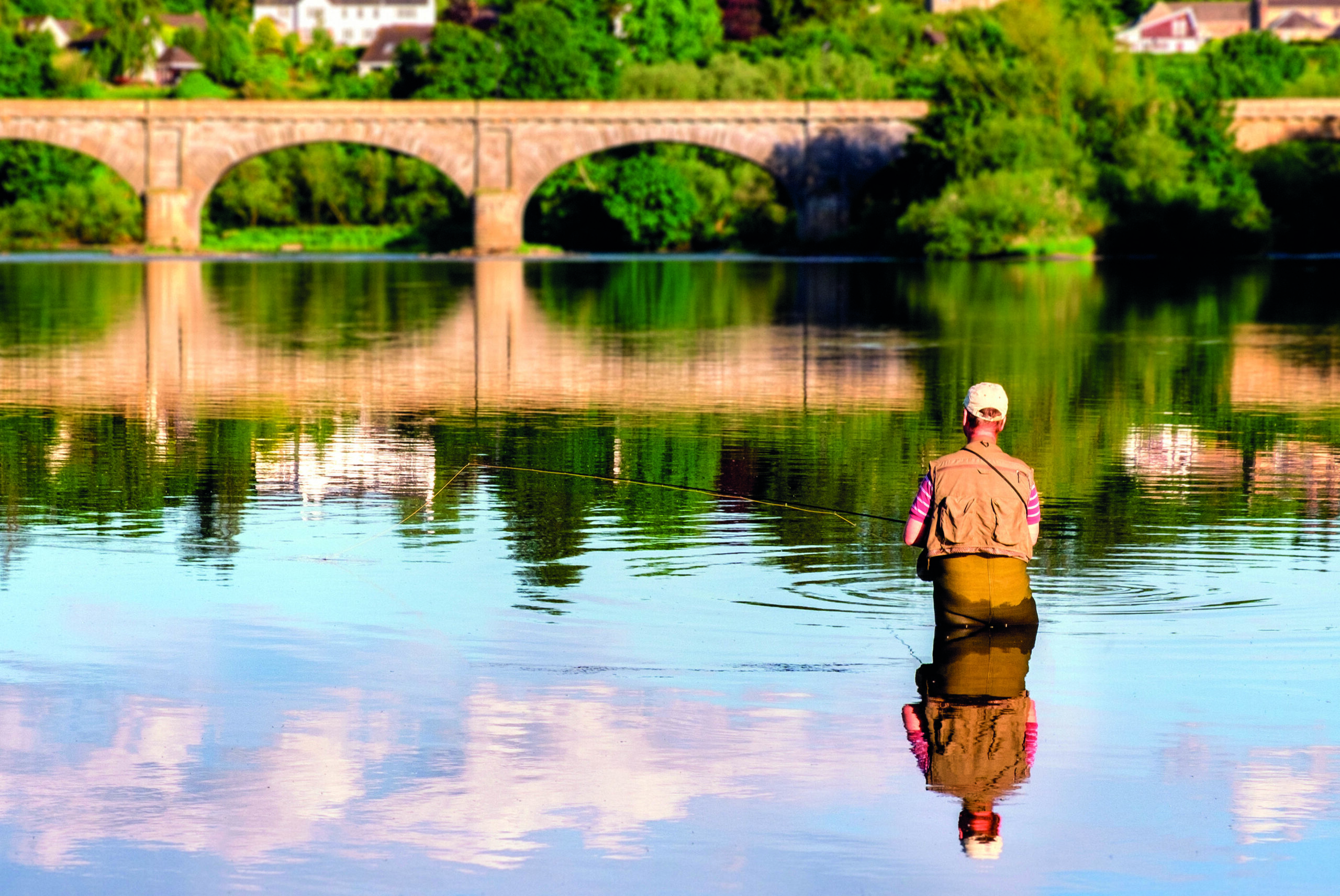Poor catches and failing firms mark fly-fishing start
There is little positive news for salmon and trout fishermen, with catch numbers falling and fisheries closing for business as the season opens.

The salmon fishing season is recording low catch numbers across the board, according FishPal, a website that logs salmon numbers caught across the country.
Last month on the Tweed in the Borders, the salmon fishing season was opened with great ceremony by the Duchess of Sutherland in conjunction with the inaugural River Tweed Film Festival. However, despite the fanfare, there is little optimism in the industry as the low numbers of fish landed point to a difficult season ahead.
FishPal data suggests that over the past couple of weeks only six salmon have been landed in England, four in Cumbria and two on the Tyne. The Tweed, the Tay and the Dee have seen a few more, but following the recategorising of Atlantic salmon from least concern to endangered by the International Union for the Conservation of Nature (IUCN) late last year, these are worrying signs.
Editor of Trout & Salmon Andrew Flitcroft said: “It’s been a poor start on the salmon front. There is further unfortunate news regarding the still-water trout fishing scene, as the season in most places is only a week or so from beginning. In the Midlands it has been announced that Fishery Management, which runs Draycote Water, and Eyebrook and Thornton reservoirs, has gone into liquidation.
“These three large-water fisheries near Rugby in Warwickshire, Corby in Northamptonshire and Leicestershire respectively, formed the nucleus of trout fishing in the central Midlands. Sadly, after the passing of Fishery Management’s director Ifor Jones, the business was found ‘to be very heavily in debt, with little working capital and a low asset base’,” he told Shooting Times.
The company’s interim directors said that attempts to save the business were “sadly to no avail”.
Toft Newton Trout Fishery near Lincoln has also made the decision to close this year. Andrew Hewitt, former fishery manager at Toft Newton Reservoir, cited the shifting economics of fisheries adapting to catch-and-release policies as partly responsible for closure. Mr Hewitt also blamed agricultural runoff for causing algal blooms and water oxygen level fluctuations, which threaten fish health.
The Environment Agency, which owns Toft Newton Reservoir, has not yet committed to finding future tenants and is “investigating options which best meet our water resources, fisheries and ecological obligations”.








